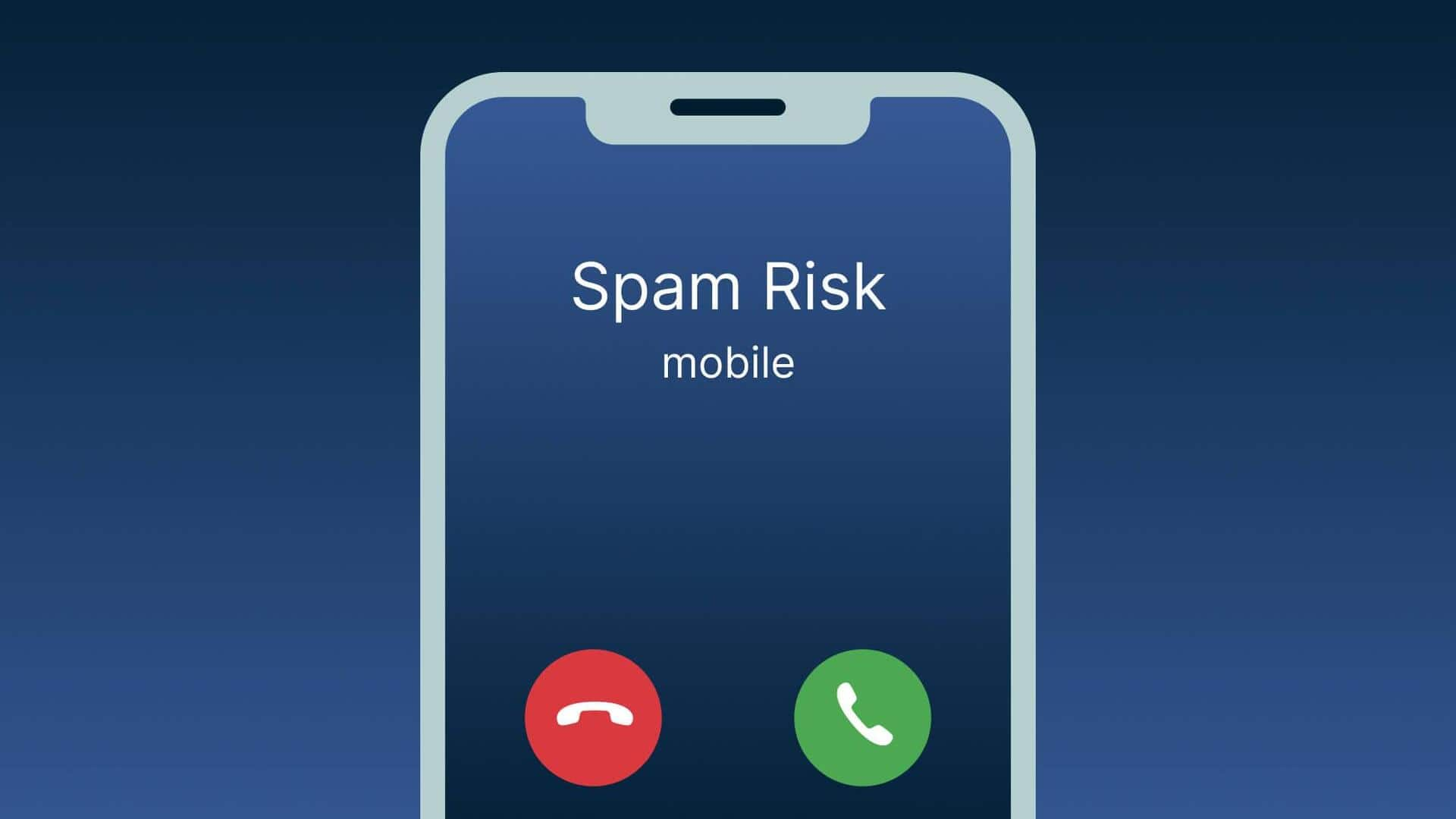
India's telecom department initiates trials for caller-name display service
What's the story
In a move to counteract spam calls, India's Department of Telecommunications (DoT) has instructed telecom companies to commence trials for a service to display caller names.
As reported by Moneycontrol, the department has asked all private telecom operators to begin proof of concept (PoC) trials for Calling Name Presentation (CNAP) within a month.
This pilot program will aid DoT in deciding whether to use CNAP on the network or have a built-in provision in the handset, before finalizing its implementation.
Regulatory advice
TRAI recommends introduction of CNAP by 2024-end
The Telecom Regulatory Authority of India (TRAI) was consulted by the DoT in March 2022, regarding the introduction of CNAP.
After discussions with industry stakeholders, TRAI recommended the implementation of CNAP in February 2024.
The regulator suggested that after a suitable cut-off date from the notification, all mobile phone handsets sold in India should be equipped with this facility.
Privacy issues
Telecom companies express concerns over CNAP implementation
During the consultation procedure, private telecom companies and industry body IAMAI voiced concerns to TRAI about potential privacy issues.
They warned that showing the name from the KYC form could compromise subscriber privacy, and negatively impact women's safety.
Also, they raised concerns about increased call set-up time, latency, and significant investments required for CNAP implementation.
Alternative solution
TRAI suggests use of 'preferred name' for CNAP
In response to the concerns raised, TRAI recommended that subscriber entities holding bulk and business connections, should have the option of presenting their "preferred name" instead of the name listed in the Customer Application Form (CAF).
The "preferred name" could be a "trademark name" registered with the Corporate Affairs Ministry, a "trade name" registered with GST Council, or any other unique name registered with the government.
Additional measures
DoT's other initiatives include 5G services and cybercrime combat
The DoT is also focusing on other initiatives such as introducing 5G services near airports, and combating cybercrimes on telecom networks.
As part of these efforts, 577 WhatsApp accounts connected to +92 numbers were banned for impersonating Indian government officials.
Additionally, 348 mobile numbers across India were blocked due to their involvement in cybercrimes and financial frauds.